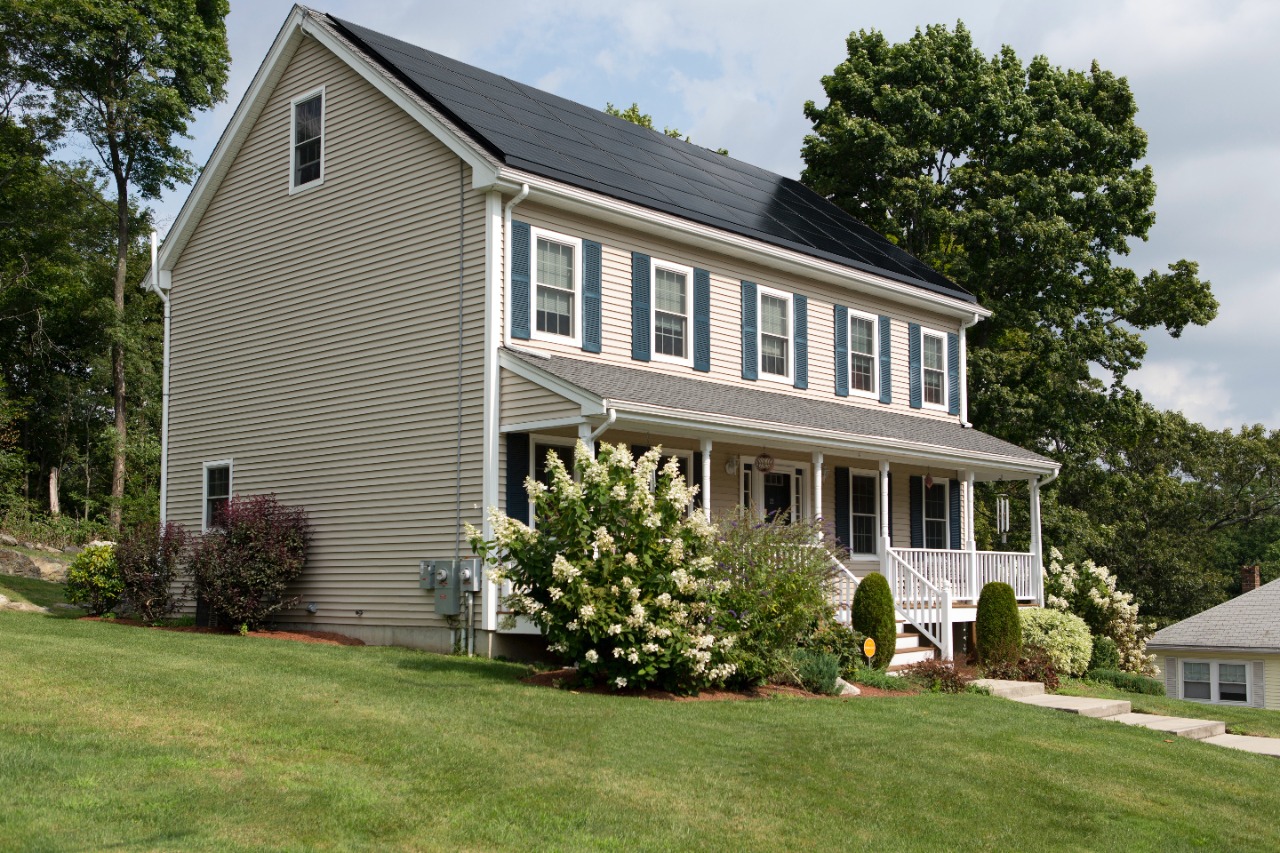Hou seholds that are considering an investment in an off-grid solar system have a number of benefits to enjoy. This switch might appear like a big leap for those that have been accustomed to a traditional grid connection, but there are clear advantages involved for families that pay for cutting-edge green technology that delivers better returns for people in the community.
Functioning During Blackout Periods
Thanks to the inclusion of a battery that is utilised with an off-grid solar system, homeowners will realise that their sustainable energy asset is able to perform during blackout periods while others are left without a connection. This is imperative on a number of fronts, especially for those residents who rely on connectivity for health and work reasons. If participants are based in a region that experiences these blackouts at regular intervals, this is the best safeguard option available in the market.
Minimising Operational Costs
One of the best ways that residents can keep control of their costs with their energy consumption is to utilise an off-grid solar system because it takes advantage of stored solar power and avoids using any public grid electricity. For those members who only have an on-grid model at their disposal, they will find that during any interruption to this process, their costs will escalate because they have switched back to a more traditional form of consumption that is more costly to operate. That switch can be subtle and occur with residents not even being aware of it, something that elevates costs for families.
Keeping Power Control
Residents that are looking to invest in an independent solar model for their location will find that they have the technology and capabilities to keep control of their output and how much energy they are using at any one time. With utilities like an inverter system to complement this design, they are able to maximise the value of the solar panels and ensure that the energy they store is being directed and diverted into the right domains. That level of influence is simply not afforded to those that select an on-grid system.
Customised Panel Use
Given that an off-grid solar system will require the installation of a number of panels, participants will find that suppliers will be up front about what they need to install and how much space they require on the roof. The average household will consume anywhere between 10,000 to 12,000 kilowatt-hours on an annual basis and because of that, the recommended panel incorporation is for 12-14 unique models to be used. Constituents will be able to customise this package and ensure they only invest in the panels that they require and what aligns with their consumption habits.
Outstanding Customer Service Guarantees
A major advantage that modern households have when they invest in an off-grid solar system is the knowledge that they are covered for customer service guarantees. From repairs to replacements and general maintenance services, brands in this sector know that families require long-term guarantees as well as long-term results. By receiving quotes from these outlets and examining their warranty policy, it is possible to assess how viable they are for the duration.
Reducing Their Carbon Footprint
Put simply, the best way for families to reduce their carbon footprint and do their part for the environment is to make the switch from a public grid connection to an off-grid solar system. This is a piece of technology that does not require any water to operate, nor does it release harmful emissions into the atmosphere. If this is a consideration that matters for community members, then it is beneficial to invest in green technologies just like an off-grid solar system.




